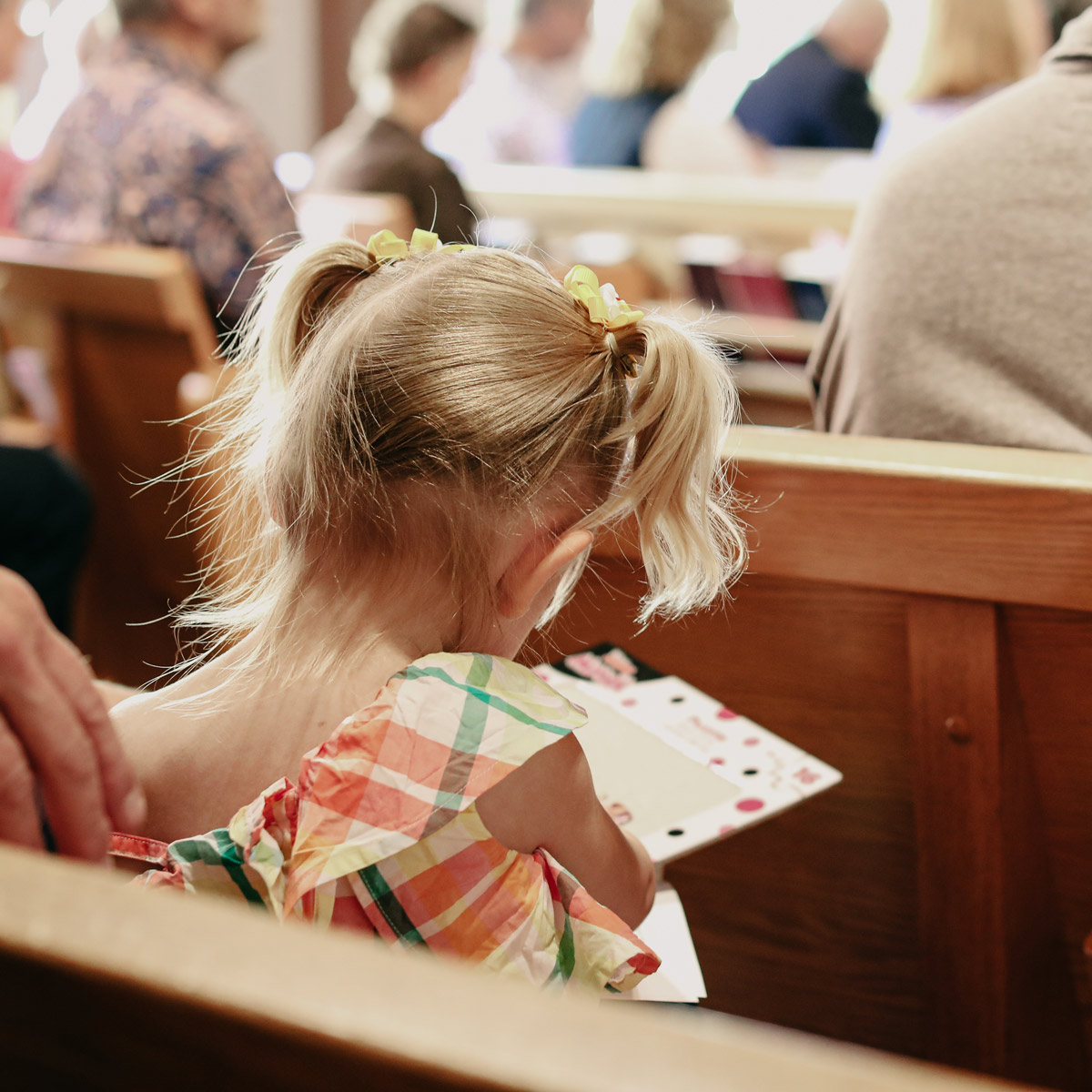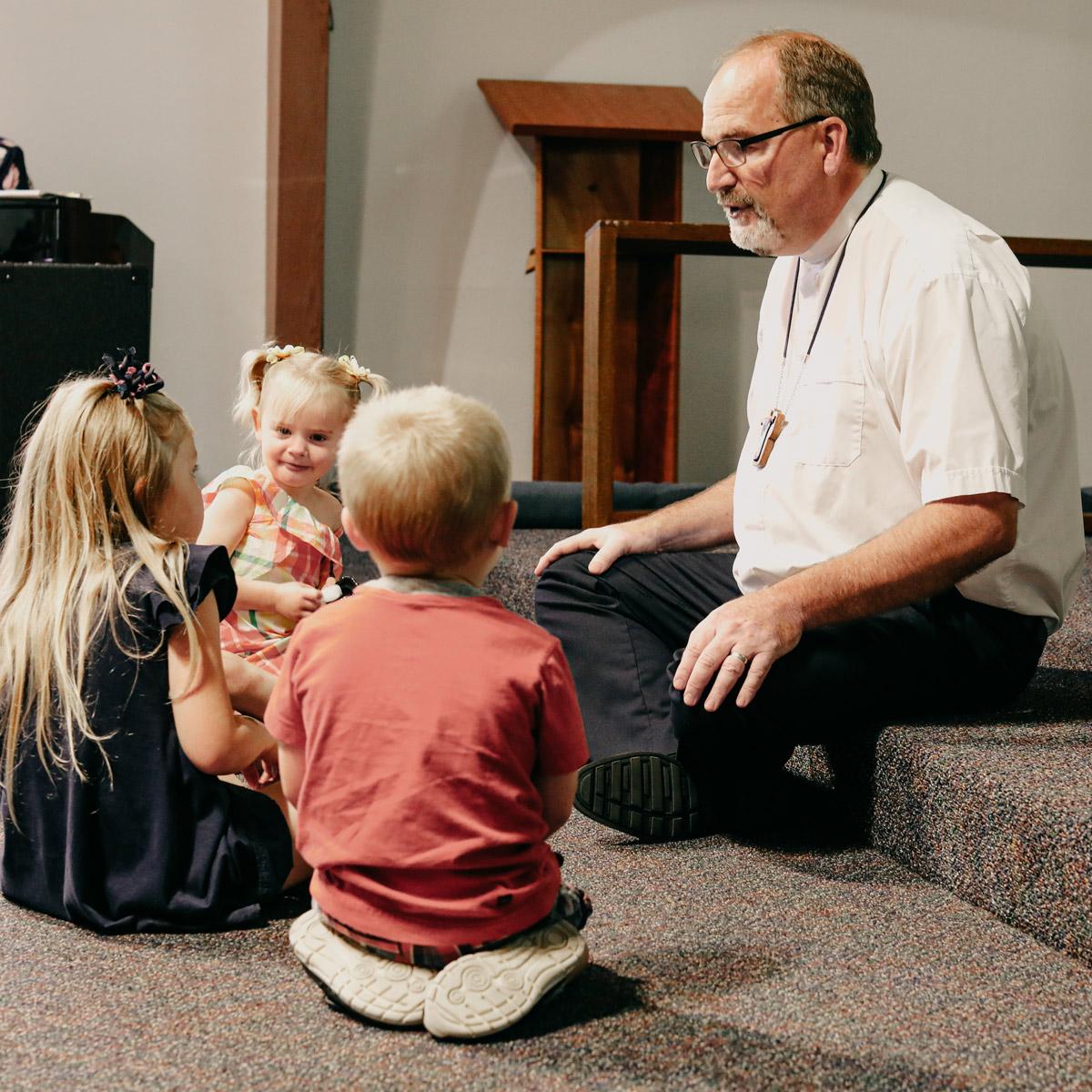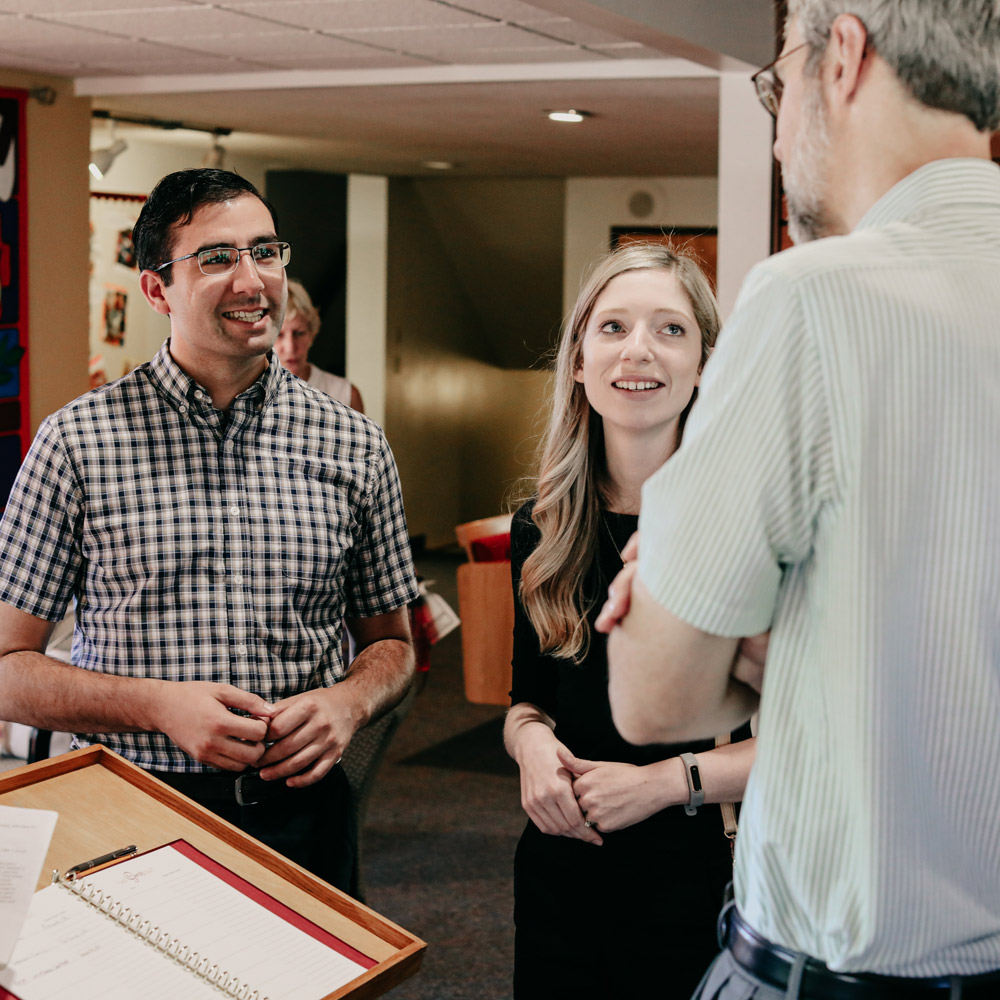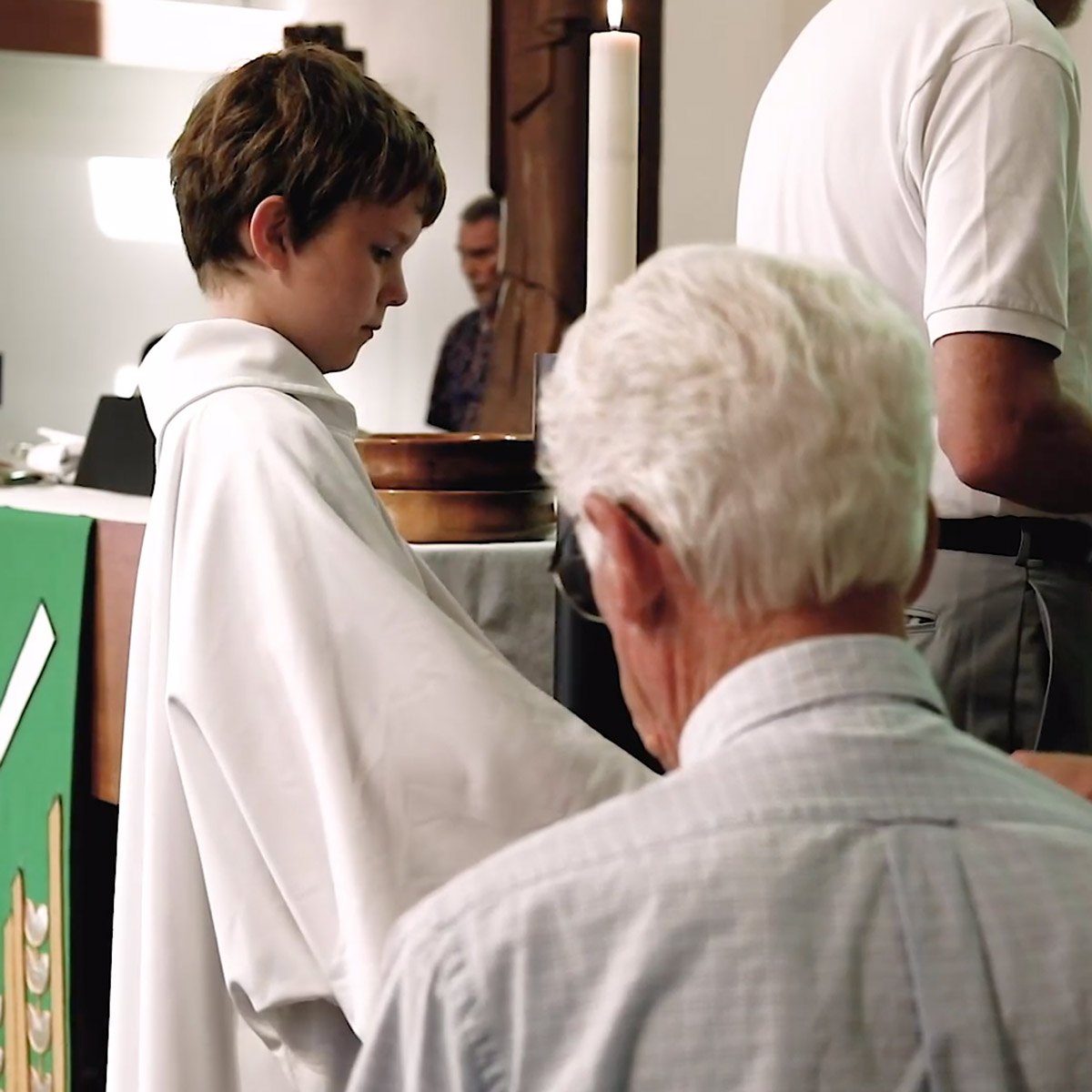
February 16, 2021 | Conscience

Conscience is defined in the dictionary as, “The inner sense of what is right or wrong in one’s conduct or motives, impelling one toward right action.” One’s own idea of righteousness.
Easton’s Bible dictionary defines conscience as, “That faculty of the mind, or inborn sense of right and wrong, by which we judge of the moral character of human conduct.” Here we learn that conscience is something inborn, a moral compass, a vehicle by which we judge someone.
All people have it, but not all are the same. Conscience is inborn but is also shaped by society. At once it was pure and right but then it became perverted by the Fall. Conscience is defined by some as “the moral sense.” “The conscience manifests itself in the feeling of obligation we experience, which precedes, attends and follows our actions” (Daniel Webster).
Paul tells his student Timothy in 1 Timothy 1:5 the goal of life saying, “The aim of our charge is love, that issues from a pure heart and a good conscience and a sincere faith.” So, what defines a good conscience in the eyes of God? What kind of conscience pleases Him?
Another clue comes from Hebrews 10:22, “Let us draw near with a true heart in full assurance of faith, with our hearts sprinkled clean from an evil conscience and our bodies washed with pure water.” In the above two verses, we see that a good conscience is always paired with a pure heart and a sincere faith. Defined further, a good conscience has everything to do with Godliness.
A good conscience cannot be attained through worldliness. Without faith in God and a pure heart, a good conscience can only be self-defined. If it feels good, do it. When we reject the Godly definition, we make a shipwreck of our faith because it is by faith that we achieve a good conscience. It is by a pure heart that we can see the path of salvation clearly. “Trust in the Lord with all your heart, and do not lean on your own understanding. In all your ways acknowledge Him, and he will make straight your paths” (Proverbs 3:5-6).
If directed by God, our conscience leads us onto paths of righteousness. In Isaiah 30:20-21 we read, “And though the Lord give you the bread of adversity and the water of affliction, yet your Teacher will not hide Himself anymore, but your eyes shall see your Teacher. And your ears shall hear a word behind you, saying, ‘This is the way, walk in it, when you turn to the right or when you turn to the left.”
In life, adversity and affliction will come. It’s the price we pay for the sin we have inherited. But a good conscience, directed by God and based on godliness will make straight our paths. A good conscience will better enable us to withstand the adversity and afflictions to come because they are powered by the will of the Holy Spirit within us.
A good conscience shows others that, “…the work of the law is written on their hearts, while a good conscience also bears witness, and their conflicting thoughts accuse or even excuse them” (Romans 2:15). Right and wrong can only be properly defined in godly terms. The world my want to define what is right and wrong to fit their own narrative, but the true definition lays with God. Through faith in Him bolstered by a pure heart created by Him.
Where does your conscience lie and how is it defined? Do you trust in the world t define right and wrong, or are you motivated by faith in God for the definition you seek? Trust in God to instill within you a clear conscience that is good and right, based on a clean heart and created within you to do good. Please pray with me:
Heavenly Father, instill within us a good conscience and help us to live a life that supports it. Keep us safe from the evil one and help us to defend ourselves from worldliness and self-worship. Keep our paths straight. Amen.















